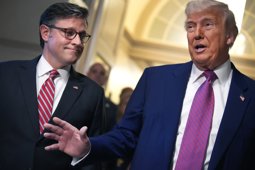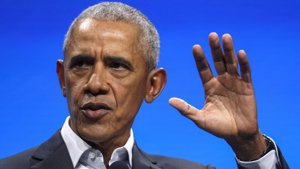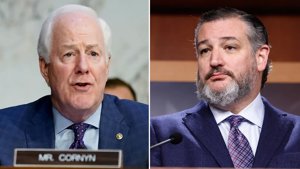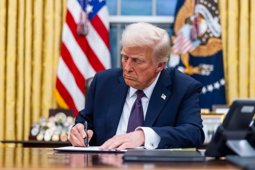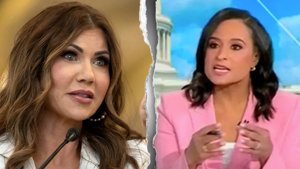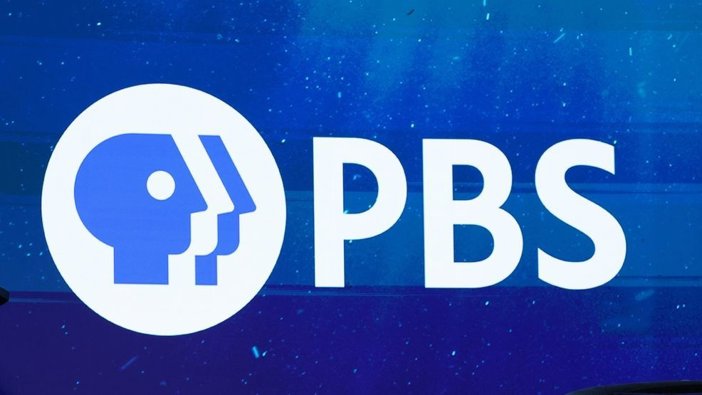
PBS sues Trump over federal funding ban
PBS files lawsuit challenging executive order cutting federal funding, alleging First Amendment violations.
Legal Battle Over Public Broadcasting Funding
The Public Broadcasting Service (PBS) has filed a federal lawsuit against the Trump administration, alleging that a recent executive order to cut federal funding for public media violates constitutional protections of free speech and press. The suit, lodged in the U.S. District Court for the District of Columbia, argues the President’s order constitutes unlawful political interference with public broadcasting.
The executive order, issued on May 1, 2025, declares that funding private sources of non-commercial media is “corrosive” and specifically names PBS and NPR as failing to provide “fair, accurate, unbiased, and nonpartisan news.” The court filing strongly disputes those assertions, asserting that the administration's attempt to control public broadcasting content is unconstitutional.
“Our Constitution and laws forbid the President from serving as the arbiter of the content of PBS’s programming, including by attempting to defund PBS,” the suit states. PBS is joined in the lawsuit by Northern Minnesota Public Television and names multiple administration officials as defendants, including the President, the Director of the Office of Management and Budget, the Secretaries of the Treasury and Education, and the Secretary of Homeland Security.
According to the filing, Congress has historically safeguarded public media from political interference by directing funding through the Corporation for Public Broadcasting (CPB)—a non-federal, non-partisan body—and by enacting prohibitions on executive control over its content and distribution. The lawsuit argues that the executive order ignores those long-established protections.
“The EO violates not only those straightforward statutory restrictions but also the First Amendment,” the filing continues. “It cuts off the flow of funds to PBS because of the content of PBS programming and out of a desire to alter the content of speech. That is blatant viewpoint discrimination.”
The order further restricts PBS member stations from using federal funds to access PBS programming and services, a move the lawsuit characterizes as an unconstitutional condition. PBS also argues the executive action is retaliatory, driven by dissatisfaction with perceived slights in news coverage.
In a statement, PBS said it had reached the decision to file suit after “careful deliberation,” emphasizing its responsibility to protect the editorial independence of public television and the autonomy of its member stations. The CPB, through which federal funds are typically disbursed, was created to shield public broadcasting from political influence.
A White House spokesperson defended the order, stating that the President is using his lawful authority to ensure taxpayer funds are used efficiently and not for media organizations perceived to support a particular political agenda.
The legal challenge by PBS follows a similar suit filed earlier this week by NPR and three Colorado public radio stations. NPR CEO Katherine Maher denounced the order as “a clear violation of the Constitution” and reaffirmed the role of NPR’s 246 member stations as independent, nonprofit media outlets committed to public service.
With two prominent public media organizations now contesting the executive order, the case sets up a major constitutional battle over government authority, editorial freedom, and the future of publicly funded journalism in the United States.

